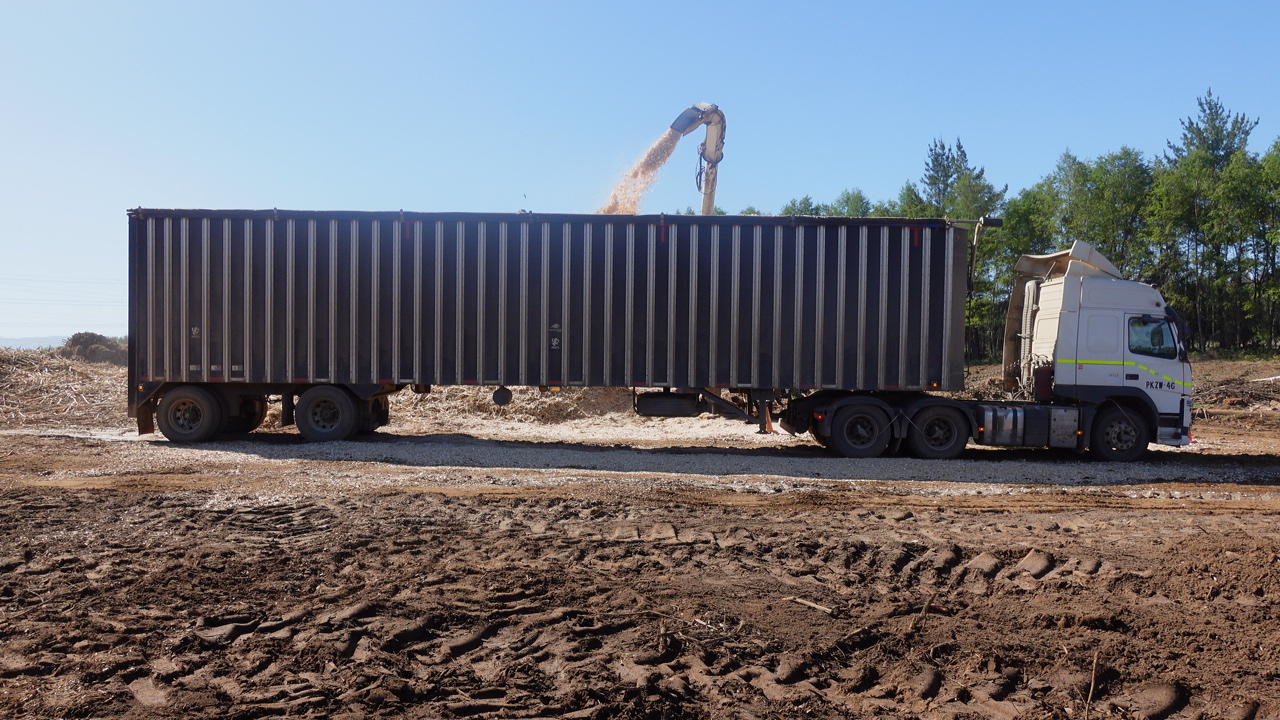CMPC plantation in Mininco, Chile, November 2024. Image right: Blanca Valdes
Blanca Valdes
Supervisor
Abstract
The History of Eucalyptus in Chile
The architecture of Plantation
This research explores the historical uses of the eucalyptus tree, as well as the environmental and spatial impact of its industrial production, which has reached an especially significant scale in modern-day Chile. It employs a critical lens to examine the transformation of landscapes and communities due to the expansion of eucalyptus monocultures. The methodology involves the use of visual documentation, historical archives and early explorer drawings, complemented by on-site photography and satellite imagery.The analysis delves into the historical context of the first export of eucalyptus to the Western world, exploring its visual representation during the eighteenth century. This ultimately resulted in its instrumentalisation in colonial projects and its prevalence in industrialised plantation landscapes in the Global South.
The course of the Biobío River in Chile can be used to trace the relationship between industrial forestry, state policy and indigenous resistance. The Biobío region is currently at the forefront of forestry development, with approximately 40% of Chile's pine and eucalyptus monoculture plantations encompassing nearly a million hectares. This situation was driven by a combination of state incentives, particularly the 1970s Pinochet-era 701 Decree, which provided subsidies amounting to up to 90% of plantation costs, in the interests of major forestry corporations.These policies have facilitated the rapid conversion of native forests and agricultural land into vast monocultures, thereby fundamentally altering the region's ecological and social fabric. The strategies employed by Mapuche resistance groups in opposition to the forestry industry are diverse, and the groups themselves have different areas of focus. However, they are unified in their motivation to recover and steward ancestral lands. It is evident that armed organisations such as CAM (Coordinadora Arauco-Malleco), RML (Resistencia Mapuche Lafkenche) and WAM (Weichán Auka Mapu) have been targeting infrastructure and forestry equipment. The Chilean state has designated these groups as terrorist organisations. However, other non-militarised groups and Mapuche communities who resort to peaceful protests, legal action and occupations, and are often led by women, are also subjected to state violence and terrorist legislation. The government's response is predicated on the criminalisation of resistance demonstrations against the environmental and social impacts of forestry. These demonstrations are equated by the government to alleged criminality and acts of violence. This approach serves to exacerbate the struggles of the Mapuche peoples and organised groups, engendering a pejorative and violent image in media and public discourse, thereby further hindering their attempts to reclaim land.







